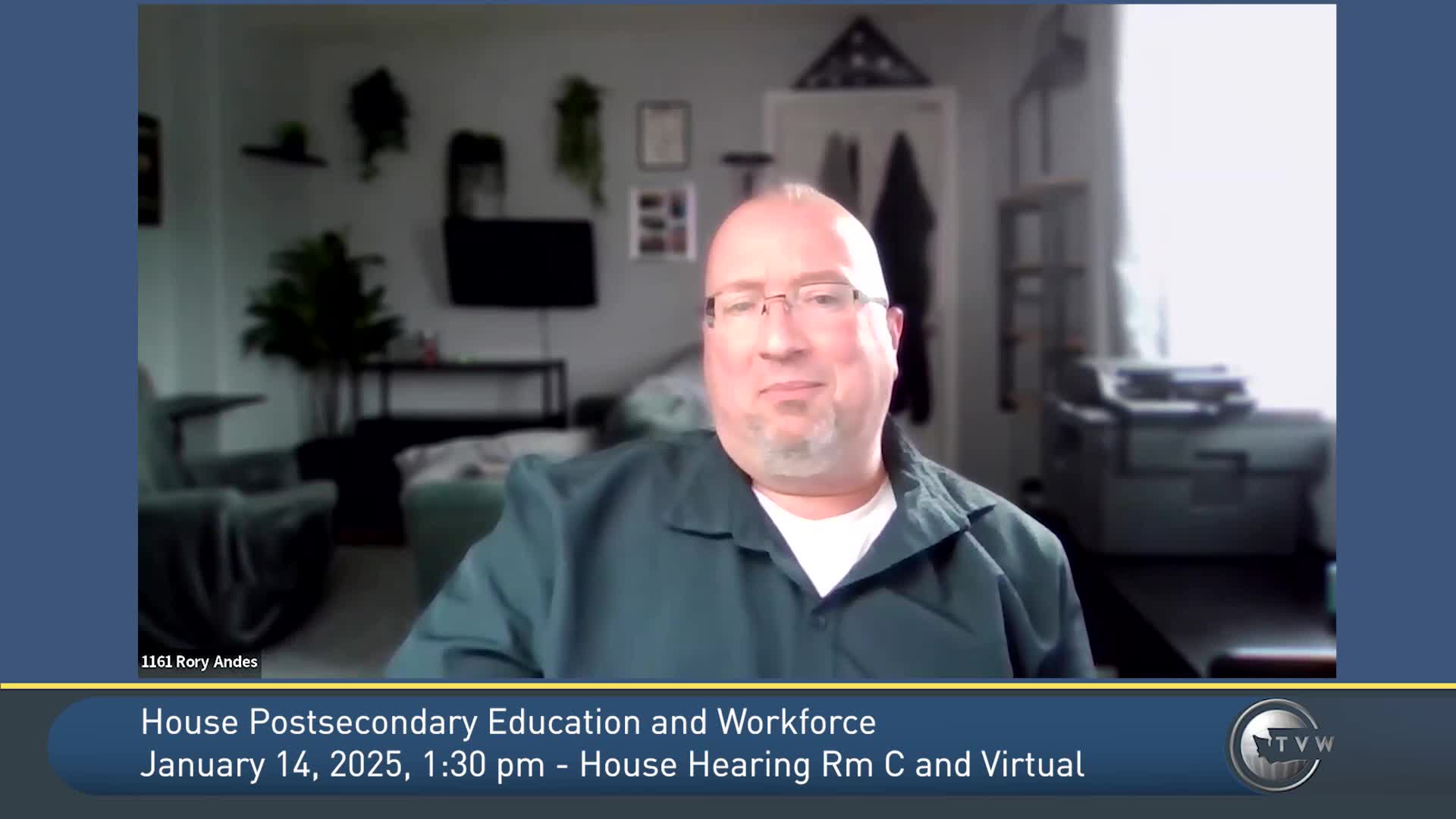JLARC: Precious-metals tax preferences grew sharply; impact on competitiveness unclear
Get AI-powered insights, summaries, and transcripts
Subscribe
Summary
JLARC found combined B&O and sales-and-use tax preferences for precious metals and monetized bullion produced large increases in reported savings between 2017 and 2023, with a growing share claimed by out-of-state sellers; the Legislature should define objectives and metrics if preferences continue.
The Joint Legislative Audit and Review Committee presented a review of two tax preferences—an exclusion from business-and-occupation tax and a sales-and-use tax exclusion—covering precious metals and monetized bullion, and found large increases in reported beneficiary savings but uncertainty about whether the preferences meet any stated policy objective.
Pete Van Moorsil, JLARC staff, said the preferences date to 1985 and the Legislature did not state an objective at enactment; JLARC inferred the goal was to treat sales of precious metals like other investments to help Washington businesses compete with out-of-state sellers.
JLARC reported that savings from the two preferences rose from about $5.1 million in fiscal 2017 to $28.4 million in fiscal 2023 (a 457% increase). Over the seven-year study period, the two preferences produced roughly $111 million in reported savings and are estimated to save about $165 million over the next three biennia. JLARC attributed part of the increase to rising spot prices for metals (gold and silver) and expanding online sales, noting the share of reported savings by out-of-state sellers rose from 24% in 2017 to nearly 40% in 2023.
Van Moorsil explained that the preferences’ effect on competitiveness depends on sales circumstances: for in-person purchases, not charging retail sales tax can give Washington sellers an edge; for online sales, the preferences apply equally to out-of-state sellers delivering in Washington, so local sellers are not advantaged. JLARC noted the U.S. Supreme Court’s South Dakota v. Wayfair decision changed sales-tax compliance for remote sellers and affects how the preference impacts competitiveness.
The legislative auditor recommended the Legislature determine whether to continue the preferences and, if so, add a public-policy objective and establish performance metrics. JLARC suggested clarifying whether the goal is to treat investments alike or to support in-state businesses, because the preferences affect those aims differently.
Committee members asked about source data, tracking transaction prices and beneficiaries, and whether capital-gains treatment applied to monetary holdings. JLARC staff said beneficiary savings come from tax-return reporting and spot-price charts are public; the review did not identify a system that tracks individual transaction prices or purchaser residency at the level asked by members.
